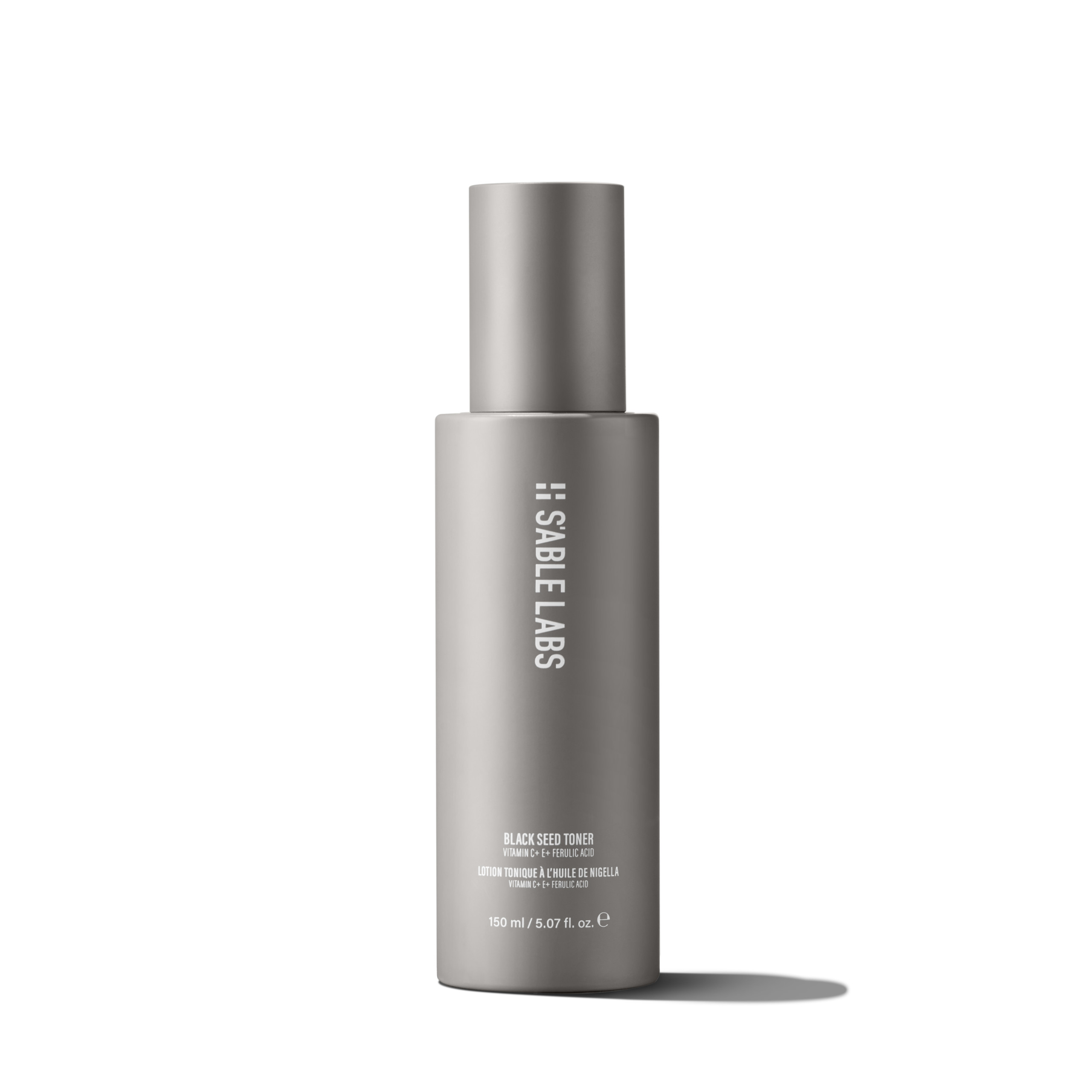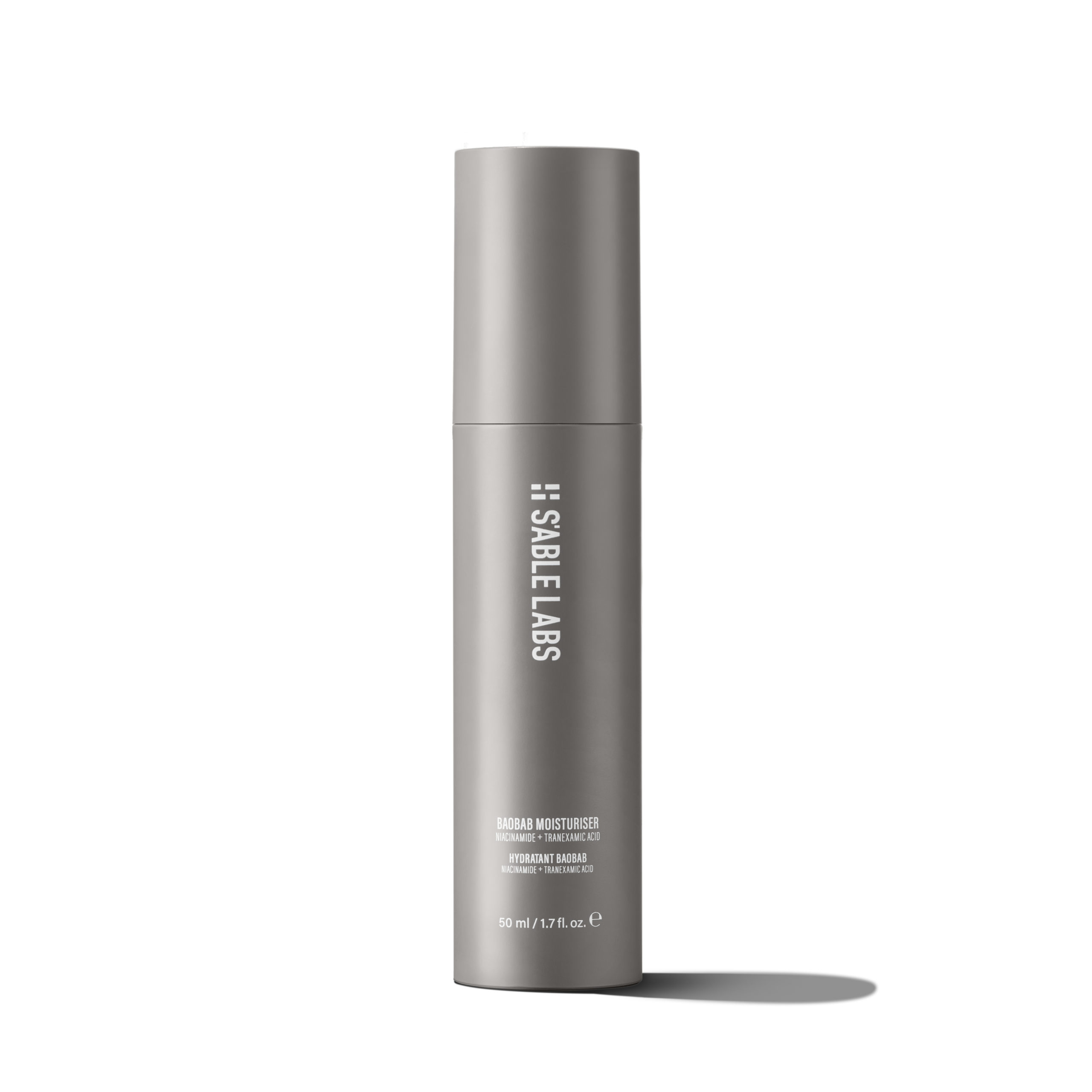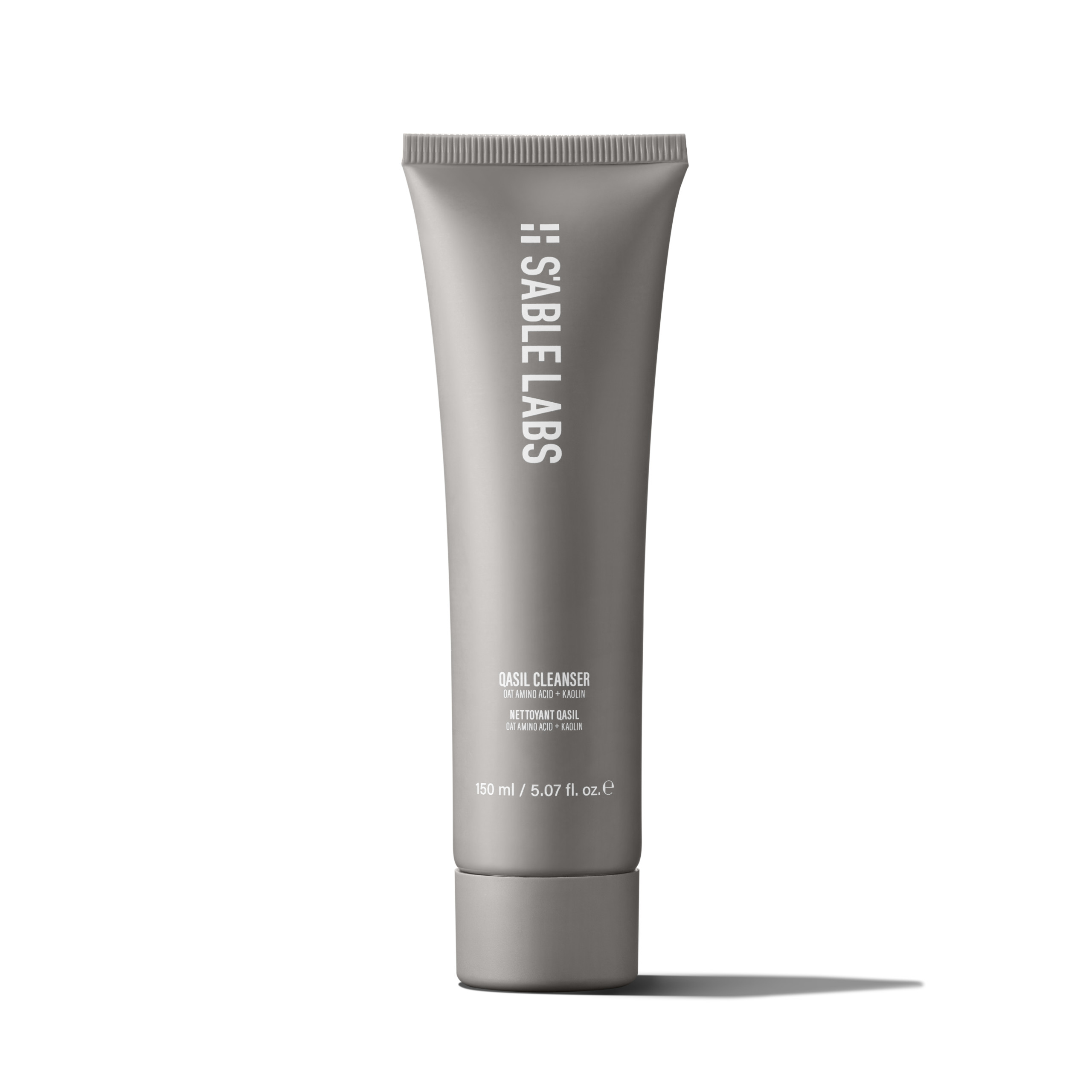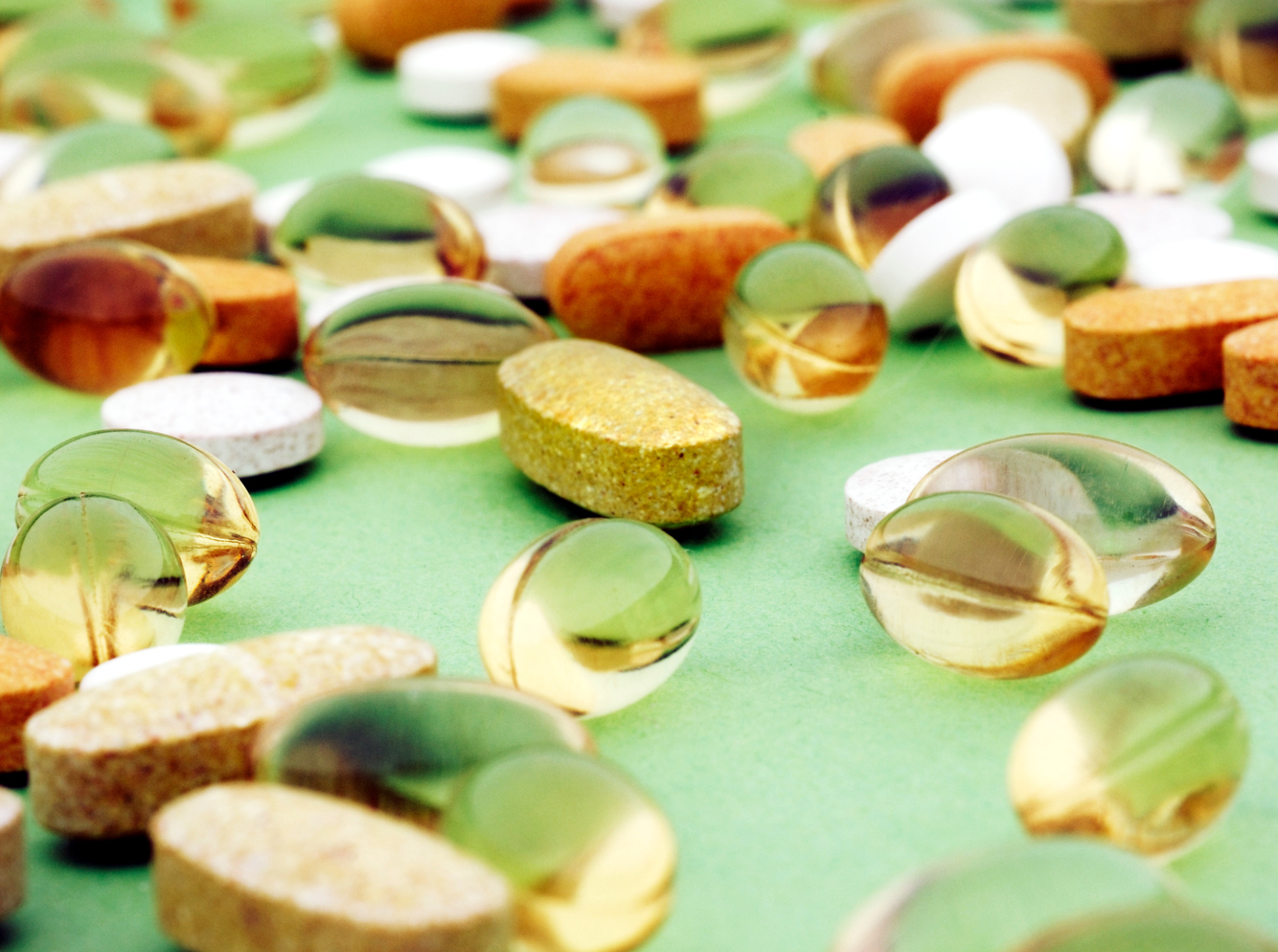
A guide to the most effective vitamins for healthy skin
If you’re even vaguely aware of skincare, you’ll have seen no shortage of ingredient lists that include a plethora of vitamins. It can be easy to take the vitamin alphabet for granted and forget its actual benefits. But what is each skin-healthy vitamin good for, and how can they affect you? Keep reading for a comprehensive guide on The best vitamins for skin health.
Vitamin C

A firm favourite in the skincare world, Vitamin C encourages collagen production, which is synonymous with youthful skin. “In addition, Vitamin C has antibacterial and anti-inflammatory properties which can help ease acne and inflamed skin,” says Bianca Estelle, Skin Specialist, Medical Aesthetician and Founder of b.e.a Skin Clinic. Estelle points out how helpful vitamin C is for the prevention of free radical damage as well as skin brightening, making it an ideal option as an anti-ageing property.
Commonly found in citrus fruits, it’s also in peppers, berries, broccoli and even potatoes. So, in an unexpected turn of events, you can say that an extra helping of potatoes is for skin health. As you’d expect from all the benefits, it’s a popular vitamin, usually found in face wash, toners and serums, pairing exceptionally well with hydraulic acid.
“Vitamin C should be part of EVERYONES’ regime as it’s so versatile,” says Estelle. A marker of approval, if ever there was one.
The S’ABLE Labs Black Seed Toner features an ultra-stable form of Vitamin C supported by Vitamin E and Ferulic Acid to improve the skin’s radiance and tone and protect it from environmental aggressors. A botanical blend of Fruit Acids gently refines the skin’s texture with Chamomile and Vitamin B to add the perfect soothing layer to help restore the skin after cleansing or shaving.
Vitamin A

“Vitamin A (Retinol) is the ultimate ingredient for skin resurfacing,” says Estelle. The reason is that it stimulates the production of new skin cells, showcasing younger-looking skin. “For this reason, it’s often the go-to product for those wanting to target signs of ageing including dark spots, fine lines and wrinkles.” It’s also commonly used for psoriasis and severe acne, as skin renewal can help fade dark spots.
Vitamin A typically comes from our diet, specifically foods such as dairy, eggs, oily fish and liver. In addition, you can get vitamin A from sources of beta-carotene such as yellow fruits like mangoes and apricots, as well as what’s known as traffic light vegetables (those in yellow, red and green).
The only downside of Vitamin A is that the fresh skin it exposes leaves you more sensitive to the effects of the sun, which is why it’s best to use this at night and then use sun protection the following day.
* Bakuchiol, A natural alternative to retinol, is an excellent option for those with more sensitive skin who may not handle the more aggressive forms of vitamin A.
Vitamin B
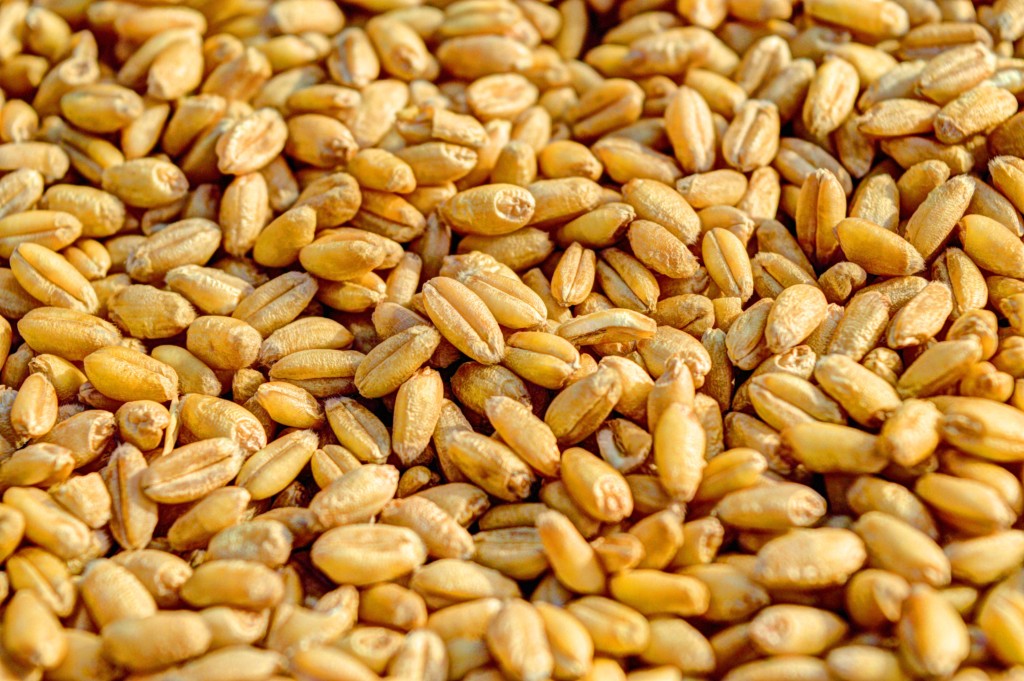
Despite the simple name, vitamin B comprises eight different vitamins, the most commonly used being B3 (aka Niacinamide). “It’s an active ingredient that is excellent for its anti-inflammatory properties,” says Estelle. “It’s also brilliant for oil-control, so is regularly called upon by those suffering from breakouts/acne.”
A hydration boost for the skin, B3 also protects against environmental elements. “Niacinamide helps regulate sebum production and locks in moisture, making it suitable for all skin types. It also helps improve skin texture and refines pore size.”
Typically found in meat, fish, eggs and wheat, you can also find B3 in several popular serums. Estelle warns us, “Percentages are important, and I’d suggest you look for products with at least 2%.”
The S’ABLE Labs Baobab Moisturizer ticks all the boxes: ultra-hydrating, fast-absorbing, and radiance-boosting. This highly active formula is infused with Niacinamide, Tranexamic Acid, and Bakuchiol. Formulated to improve texture and tone, regulate pore size appearance, and improve cellular turnover while strengthening the skin’s barrier. It conditions and locks in moisture with Baobab Seed, Shea Butter, and Squalane for skin that feels instantly replenished and refreshed.
Vitamin E
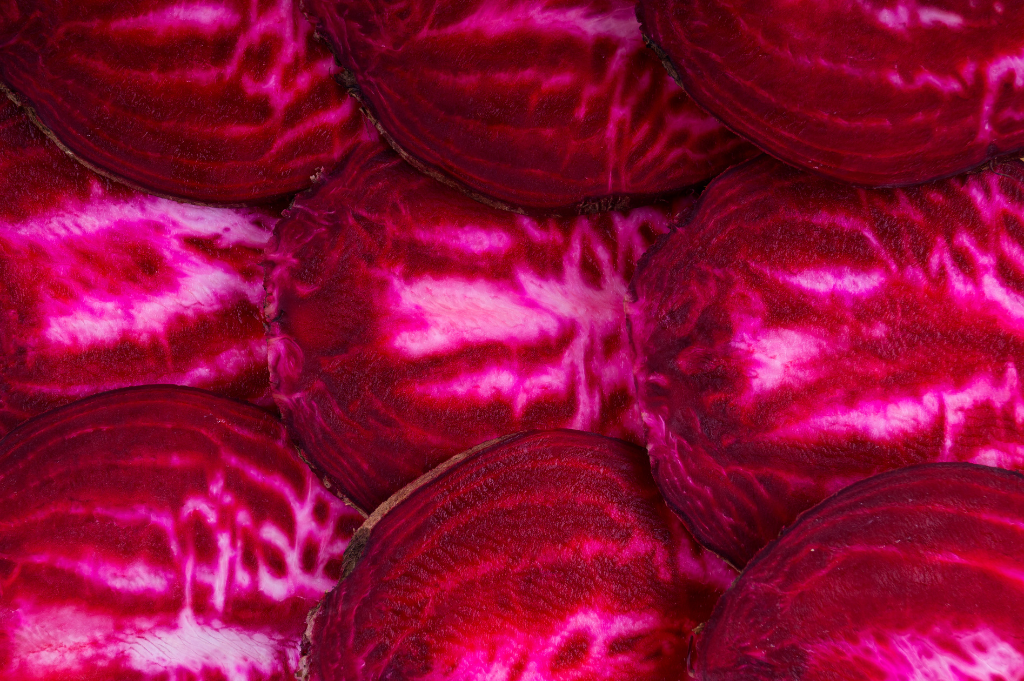
Like Vitamin B, Vitamin E is a compound of eight soluble vitamins. It’s naturally found in plant oils like rapeseed, sunflower, soya, corn and olive alongside nuts, seeds and wheatgerm, which appears in cereals.
“As an antioxidant, vitamin E combats free-radical damage, says Loretta Ciraldo, M.D., a Miami-based board-certified dermatologist. “But unlike most other antioxidants, vitamin E is also a very hydrating molecule since it works as both a humectant (to absorb water into the skin) and an emollient (to trap water in the skin).”
The S’ABLE Labs Qasil cleanser is rich in Panthenol (Vitamin B), Known for its moisturising, soothing and repairing properties, and Vitamin E Protects the skin cells from free radicals that breakdown the collagen in the skin, providing skin conditioning and anti-inflammatory. Did we mention that it also Contains 2x the antioxidant level of Vitamin C and anti-inflammatory properties?
Vitamin D

Vitamin D is, dare we say it, the most famous vitamin out there. It’s a commonly known fact that your body naturally produces the vitamin when exposed to UVB rays, as well as being found in a variety of foods.
The list of foods is incredibly alluring to those looking to move to a pescatarian diet, as it’s found in salmon, swordfish, tuna fish, sardines and cod liver oil. It’s also found in orange juice and dairy fortified with vitamin D and beef liver.
Connecticut-based dermatologist Mona Gohara, M.D. says of its benefits, “Just like antioxidants work to reverse and prevent sun damage, that’s the theoretical mechanism of this type of topical vitamin D”. Gohara is keen to point out that the internal and external implementation of Vitamin D is different. “The issues are separate—topical vitamin D is not meant for supplementation and vice versa. If you want skin-specific benefits, I recommend using it in both forms as necessary.”
Vitamin F
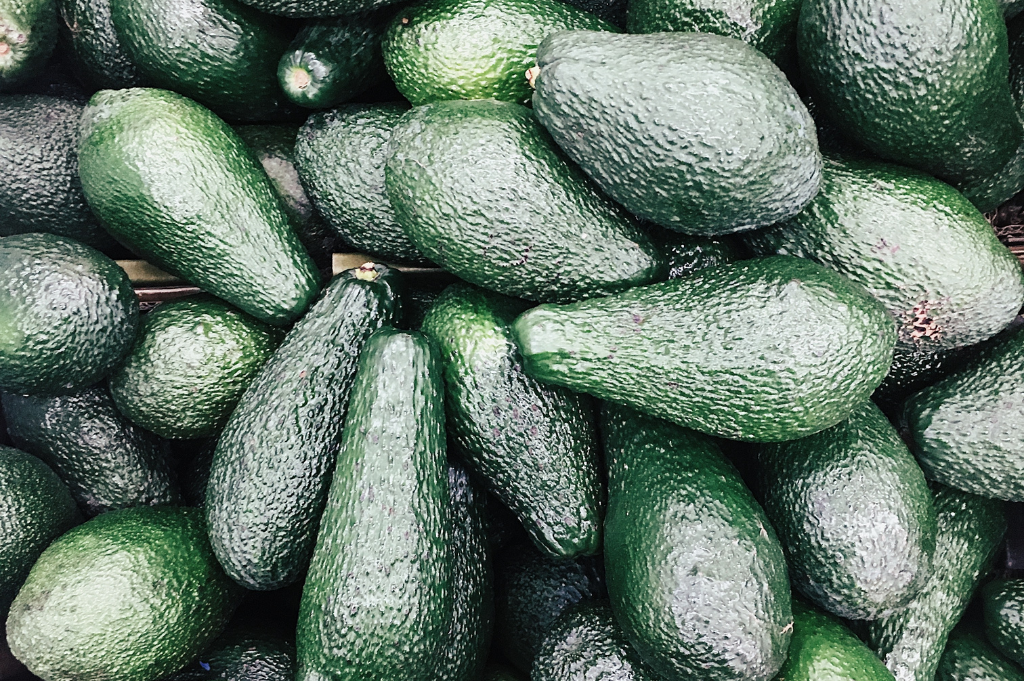
The Cleveland Clinic notes that vitamin F “aids in moisturising your skin, which may help with acne, dryness and wrinkles. The fatty acids can maintain a skin barrier, which can help with conditions such as atopic dermatitis and psoriasis.”
Hadley King, M.D points out that “vitamin F is not a vitamin in the traditional sense of the word, and it’s a term for two fats, alpha-linolenic acid (ALA) and linoleic acid (LA).”
Like most of the vitamins on this list, it’s commonly found in nuts, seeds and oils: specifically, walnuts, hazelnuts, cashews, almonds and pine nuts, while making its way into flaxseed (nuts and oil), chia and sunflower seeds.
The moisture-locking benefits of Vitamin F mean that it works to repair the skin’s natural barriers, protecting the outer layer of the skin. Loretta Ciraldo, M.D., FAAD says “Vitamin F helps to lessen transepidermal water loss (TEWL), which is the escape of water from the skin, which makes it super hydrating. Typically, a product with an active level of vitamin F can improve skin vibrancy with a single use.” Imagine what it’ll do if you use it more than once!
